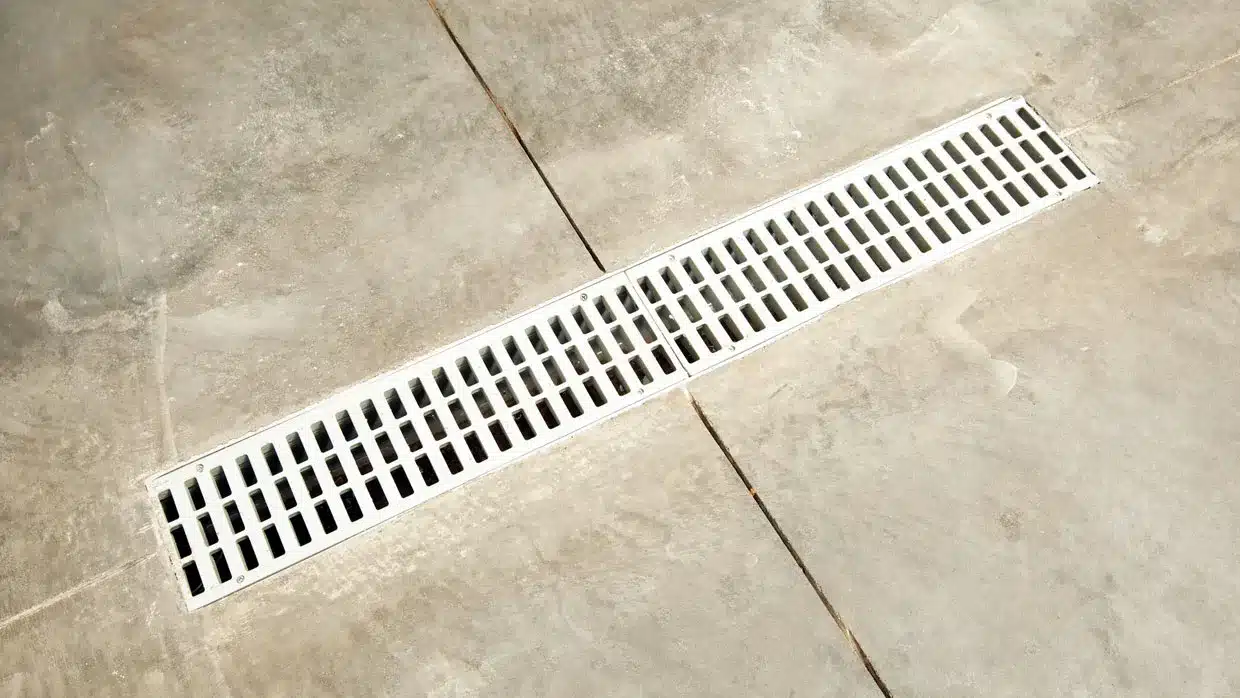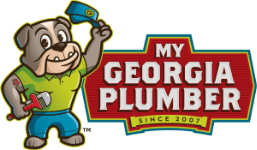
In the world of indoor plumbing, we often forget about the unsung heroes known as floor drains. These inconspicuous fixtures resemble the drains in our bathrooms but are typically found in basements, garages, laundry rooms, and even on patios and driveways. Floor drains are strategically placed wherever efficient water drainage is essential to prevent flooding and keep our living spaces dry. At My Georgia Plumber, we understand the importance of these often-neglected components and offer tips for maintaining them to avoid costly water damage and foul odors.
The Role of Floor Drains:
Floor drains play a crucial role in capturing overflow from sinks, toilets, tubs, rain, and more. They ensure that excess water is safely directed to a sewer or municipal storm drain, preventing indoor and outdoor flooding. Just like the P-trap under your bathroom sink, floor drains also have a U-shaped pipe that traps water to stop sewer gases from entering your living space. If you ever detect the unpleasant odor of sewer gas, a simple solution is to pour water into the floor drain, effectively sealing off the gases and testing the drain’s functionality.
Common Floor Drain Issues:
Floor drains can face clogs more frequently than other types of drains because they are at floor level, where dirt and debris tend to accumulate. Sweeping dirt directly into floor drains exacerbates the problem. Unfortunately, most homeowners only think about floor drain maintenance when it’s too late. However, with a bit of foresight and care, you can prevent these issues.
Maintenance Tips:
1. Fill Traps Regularly: Indoor floor drains need to have their traps filled periodically to function correctly. Simply pour a gallon of water down each floor drain in your home. This action refills the trap, creating a barrier between your home and the sewer system, preventing sewer odors from infiltrating your living space.
2. Clear Clogs Promptly: Debris like pet hair and dust bunnies can accumulate and potentially clog floor drains. If you notice slow draining, address the clog as soon as possible to prevent flooding. Use a plunger or try a baking soda and vinegar solution. If necessary, use a drain auger to clear stubborn clogs.
3. Regular Drain Cleaning: Perform a quarterly check of your drains for debris and clear them. Consider using a safe, liquid drain cleaner or enlist the services of a professional plumber. Scheduling annual professional drain cleanings can prevent clogs and ensure optimal drain performance.
Don’t underestimate the importance of floor drains in keeping your home dry and odor-free. To avoid sewer gas issues and potential flooding, remember to refill the traps monthly and give your floor drains a workout twice a year. If clogs persist or if you want a thorough cleaning, don’t hesitate to contact My Georgia Plumber at 770-592-0081. Our team of professionals is here to ensure your floor drains serve their purpose effectively, safeguarding your home from water damage and foul odors.







